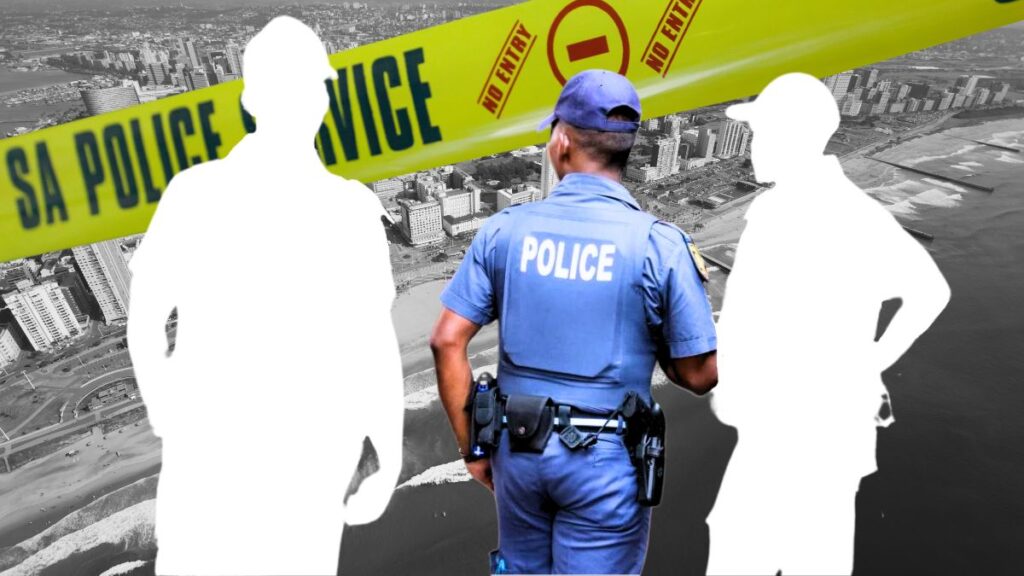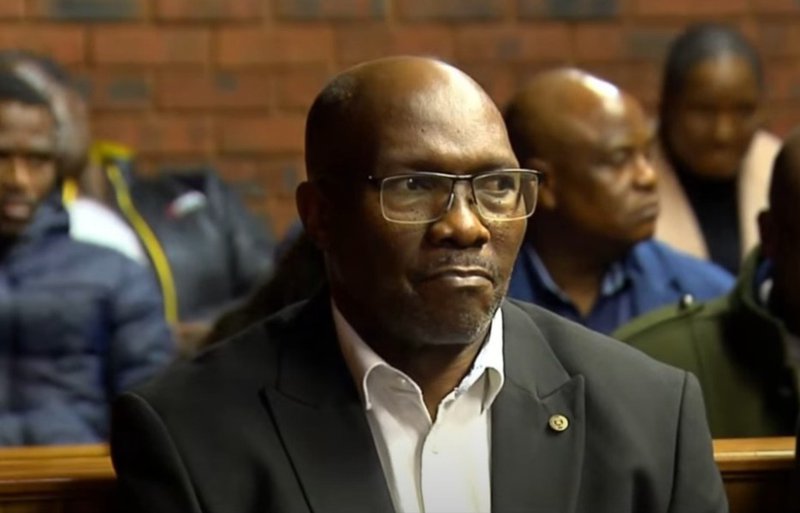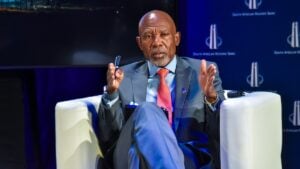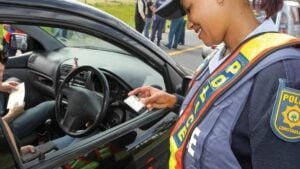South Africa going after its ghost police force

Parliament has formally requested Police Minister Senzo Mchunu to immediately audit ghost workers within the South African Police Force (SAPS) Crime Intelligence Division.
The Portfolio Committee on Public Service and Administration chairperson, Jan de Villiers, requested the audit after seven high-ranking officials were arrested for corruption-related offences.
The arrests, which include the division’s commissioner and chief financial officer, have been linked to payroll fraud and the possible presence of ghost workers.
Ghost workers are employees who draw salaries and benefits but do not exist, which De Villiers said is not isolated within government.
“It takes sophisticated collusion to create and maintain these ghost-worker employees, who operate like organised criminal syndicates embedded in our government systems,” he says.
De Villiers recently told Newzroom Afrika that a Department of Public Service presentation demonstrated that it takes at least three people to load a “ghost” onto the system.
However, he said it takes even more to ensure that the ghost remains on the system and is paid.
This indicates that ghost workers are one of many symptoms of organised crime within the government, and that behind ghost workers, there are real people siphoning taxpayer money.
The arrested officials appeared before the Pretoria High Court on fraud and corruption charges related to appointing an unqualified citizen to a senior position.
De Villiers specifically referred to the Secret Services Account, a classified budget used for covert operations and informant payments, which has been flagged as vulnerable to abuse.
He said there is reason for concern that taxpayer funds may have been used to fund fabricated operatives or fake intelligence activity.
“It is reasonable to expect similar malpractice in payroll management,” De Villiers said.
“The possibility of irregular appointments, inflated headcounts, and unvetted recruits of ‘ghost’ employees is high.”
De Villiers called on the National Treasury and the Public Service Commission to conduct an audit in 90 days, focusing on verifying the headcounts and all Secret Service Account payments.
Top brass arrested

Among those arrested were Lieutenant General Dumisani Khumalo, the commissioner of the Crime Intelligence Division, and Major General Philani Lushaba, the division’s CFO.
Major General Josias Lekalakala, the Gauteng Crime Intelligence Head, and Brigadier Phindile Ncube, head of vetting, also appeared before the Pretoria High Court.
The arrests took place between June and July, and everyone detained was responsible for financial oversight, personnel management, and internal controls.
Members of the anti-corruption unit nabbed General Khumalo after landing at OR Tambo International Airport on 26 June.
The seven appeared in court on Friday, 27 June and pleaded not guilty to all charges against them.
At the time of the arrests, the Democratic Alliance said it was a “step in rescuing an organisation from the brink of collapse.”
Similarly, the Economic Freedom Fighters called Khumalo’s detainment the “latest symptom of a sick and hollowed-out policing system, which urgently requires structural overhaul.”
The Daily Maverick recently reported that four months before the arrests, the SAPS had warned that he was being targeted for cleaning up the unit.
According to the report, a presentation by SAPS to Parliament in March warned of attempts to tarnish the commissioner’s reputation using fake news.
“Some of the social media postings talk to the misinformation and unfounded allegations that the Divisional Commissioner wrongfully appointed two Senior Managers, which were found to be untrue,” it said.
News24 then reported that individuals, including an MP, had formally lodged allegations of wrongdoing involving Crime Intelligence with the police.
This MP was Fadiel Adams, who represents the National Coloured Congress.
Since then, KwaZulu-Natal Police Commissioner Nhlanhla Mkhwanazi has alleged that members of Crime Intelligence had released classified documents to an MP.
Mkhwanazi did not mention who the MP was but said the documents concerned vetting and covert properties.




















